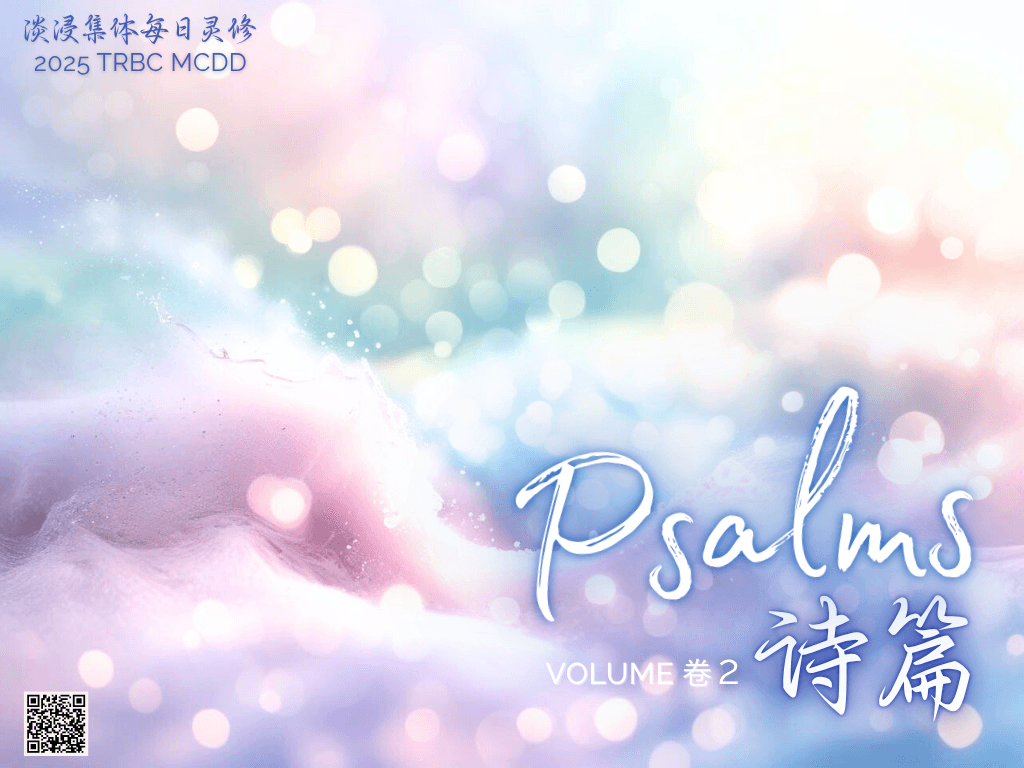Last 5 Days

Shalom

Click here to read Ch46
There are two interesting imperatives in the Bible that govern our relationship with God. The first one is “Be holy, for I am holy.” It appears 6 times in the Old Testament in Lev 11:44, 45; 19:2; 20:7, 26 and 21:8. In the New Testament, it appears in 1 Pet 1:16 when Peter addresses about the priesthood of all believers that we are being set apart for God to be His chosen ones.
The second imperative is “Be still and know that I am God,” which is the key verse in Psalm 46, found in verse 10. There is no exact quotation of this verse in the New Testament except for a shorter version, “Be still” in Mark 4:39. Jesus used it when He was in the boat with His disciples.
These two occurrences in Ps 46:1-11 and Mark 4:35-40 have the same background of extreme weather and nature forces. In Psalm 46, the Psalter uses earthquakes, landslides and the raging seas as images of raging nations and tottering kingdoms (v6). The city of God and the holy habitation (v4) refers to Zion, which is another name for Jerusalem, the dwelling place of God’s chosen people, the Jews. In the midst of the political instability, this Psalm calls out to God’s people that He is their refuge and strength (v1). And the Psalmist also assures the people that the God of Jacob is also the Lord of hosts. He is with them and is their fortress. This expression is repeated twice in verses 7 and 11.
In Mark 4:35-40, the disciples were in the boat and a sudden storm appeared that threatened to overturn the boat and drown them. They woke up Jesus who was sleeping to save them. Jesus awoke, rebuked the wind and commanded the sea, “Peace! Be Still!” He also rebuked the disciples for their lack of faith.
Though Ps 46:10 and Mk 4:39 use different Hebrew and Greek words for “Be still” and “Peace,” it is very much connected to the idea of the Hebrew word, Shalom. It is customary for a Jew to use “Shalom” to greet and wish another Jew well. The meaning of “Shalom” signifies state of wholeness, completeness and well-being.
My brothers and sisters, how are you doing lately? Are you facing some situation in your life that makes you feel that there is a lack of wholeness, completeness or well-being? In the same way that Psalm 46 is a timely reminder for the Jews, Mark 4:35-40 reminds us that Jesus is with us in the boat though the storm of life is around us.
Prayer
Dear Jesus, as your disciples turned to you for help, I am also asking you right now to quell down all the voices within and without me in the midst of what I am facing. Please help me to focus on you so that I can understand and experience the meaning of Shalom at this moment. I pray this in Jesus’ name. Amen.
